
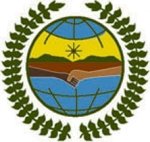 United Nations adopts Declaration on the Rights of Indigenous Peoples
United Nations adopts Declaration on the Rights of Indigenous Peoples
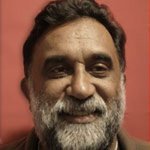 Global Indigenous Caucus: Statement by the Chairman, Les Malezer
Global Indigenous Caucus: Statement by the Chairman, Les Malezer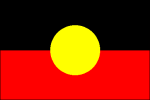 Aboriginal groups disappointed with Government’s United Nations vote
Aboriginal groups disappointed with Government’s United Nations vote
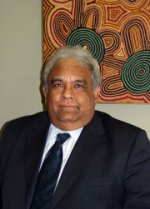 UN Declaration a milestone for Indigenous Peoples
UN Declaration a milestone for Indigenous Peoples
 Hard Labour, Stolen Wages
Hard Labour, Stolen Wages
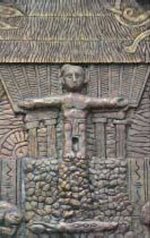 1st International Conference on Cordillera Studies
1st International Conference on Cordillera Studies Commonwealth Ombudsman’s 10 Lessons for Public Administration
Commonwealth Ombudsman’s 10 Lessons for Public Administration
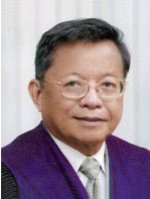 The Old Struggle for Human Rights, New Problems Posed by Security
The Old Struggle for Human Rights, New Problems Posed by Security
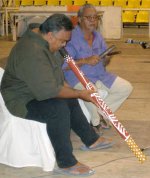 Bohol Dreaming
Bohol Dreaming
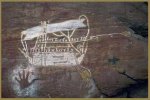 Front door, back door: seascapes and the Australian psyche
Front door, back door: seascapes and the Australian psyche
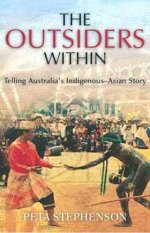 Crossing Cultures
Crossing Cultures 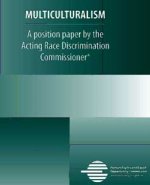 Recommitting to multiculturalism by Tom Calma
Recommitting to multiculturalism by Tom Calma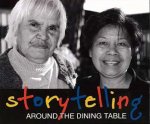 Storytelling around the dining table
Storytelling around the dining table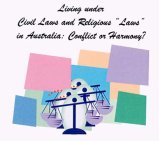 Living under Civil Laws and Religious “Laws” in Australia: Conflict or Harmony?
Living under Civil Laws and Religious “Laws” in Australia: Conflict or Harmony?
 Home | Aims and Objectives of Solidarity Philippines Australia Network | About Kasama
Home | Aims and Objectives of Solidarity Philippines Australia Network | About Kasama 
Search the SPAN Web